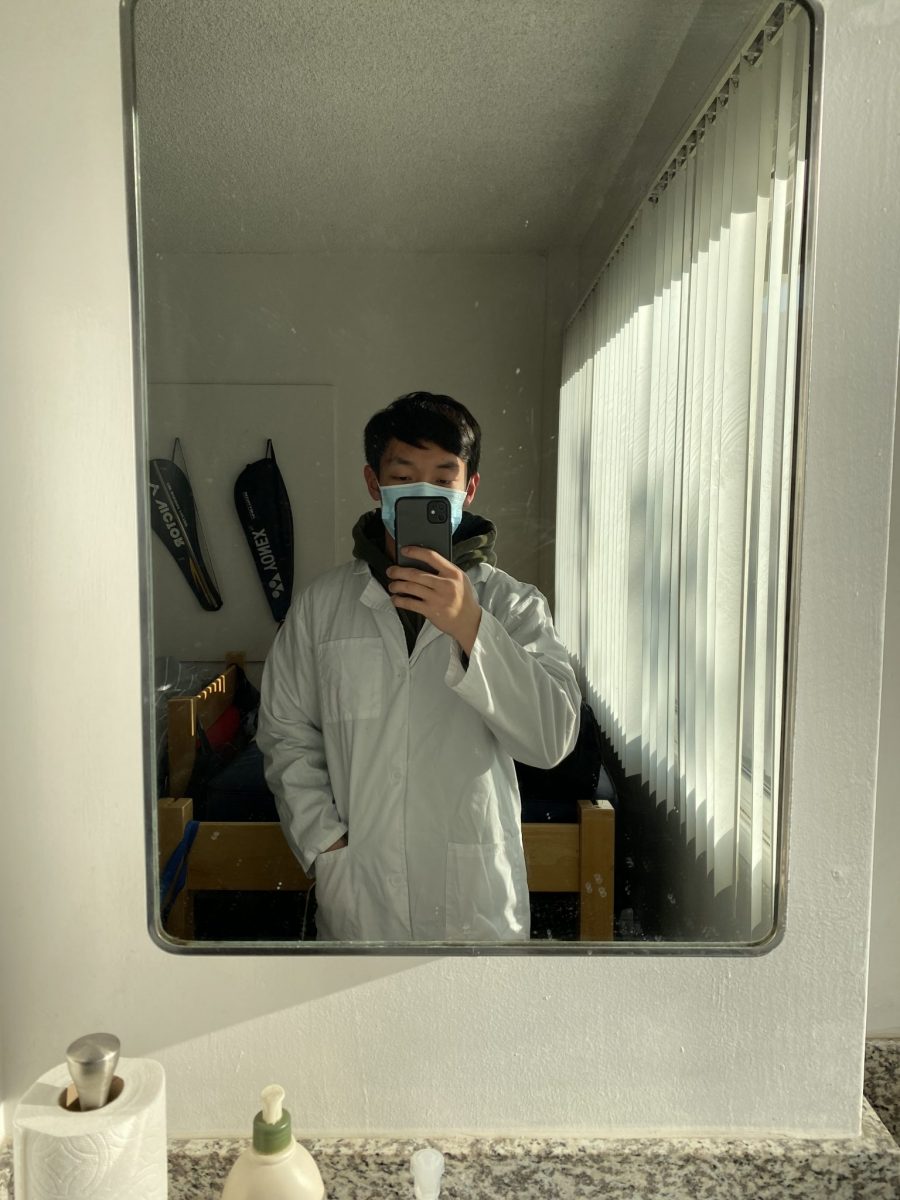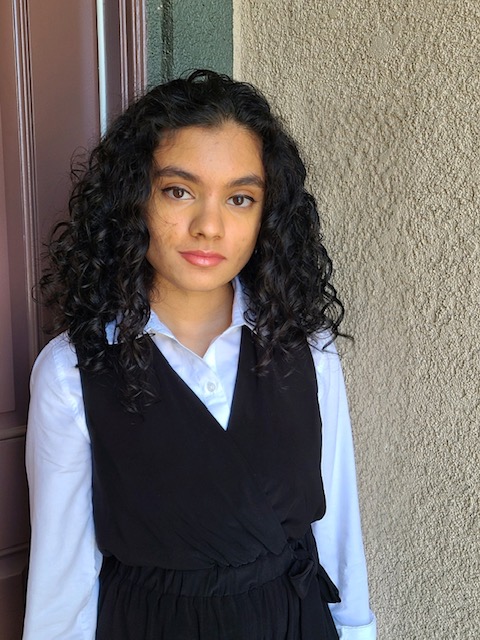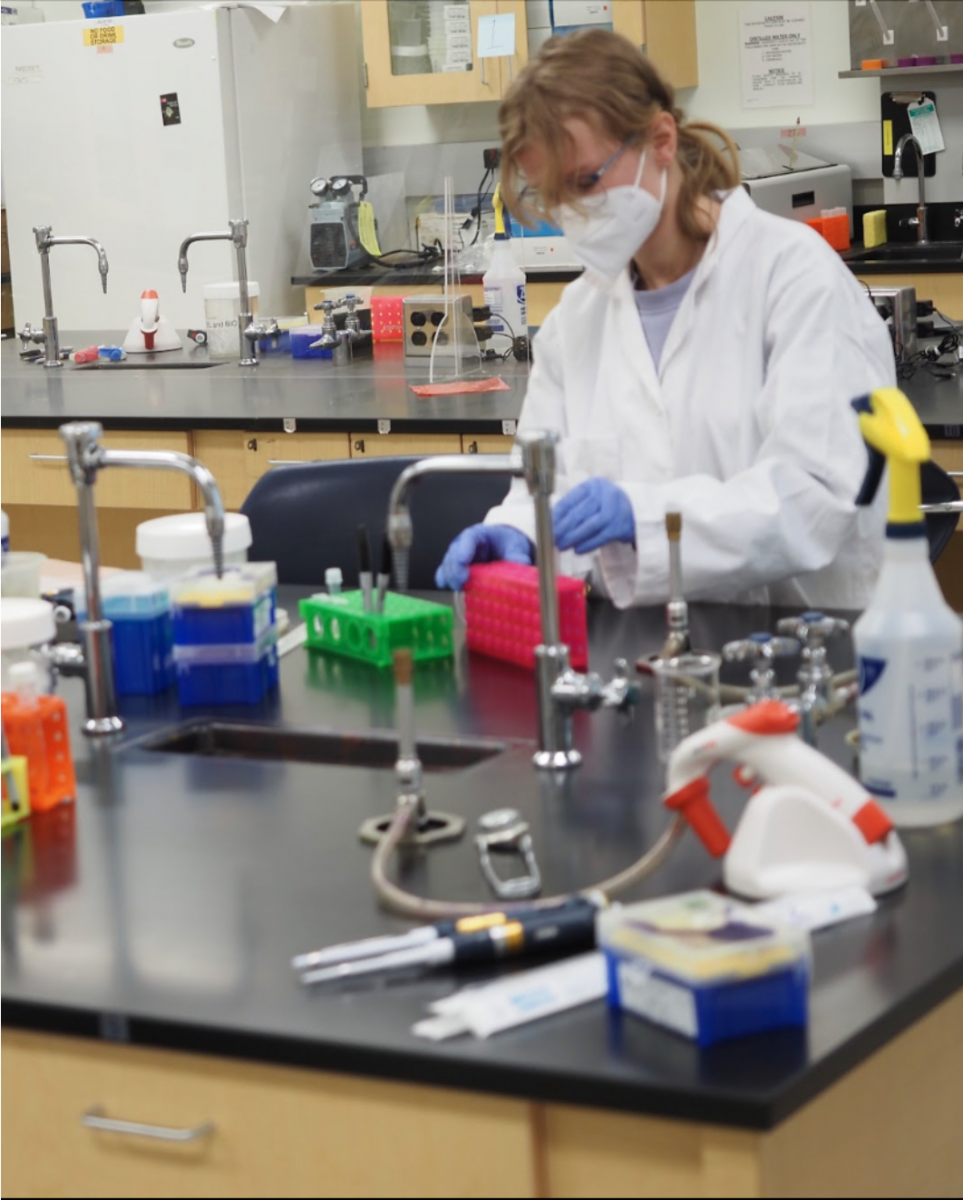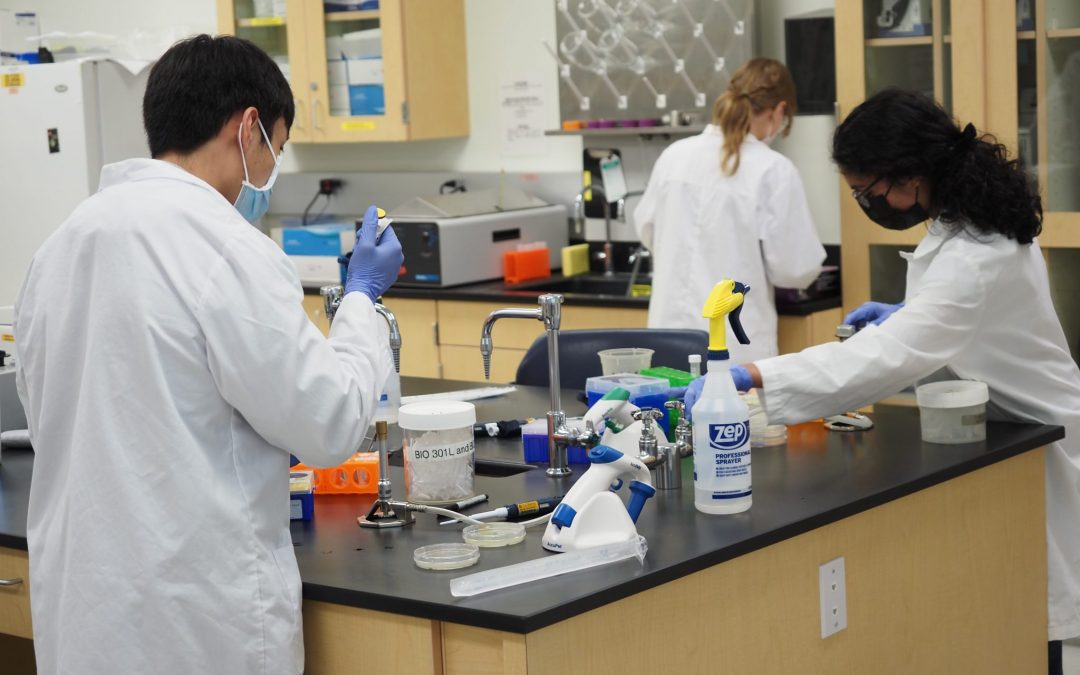
SEA-GENES is an undergraduate research course that focuses on determining the effects of bacteriophage genes on host bacteria. It builds on the phage discovery of the SEA-PHAGES program through the discovery of gene function. SEA-GENES serves as an alternative to the typical BIOL 301L and BIOL 302L laboratory courses, specializing in research and data collection through hands-on experiments.
I first heard about SEA-PHAGES and SEA-GENES during my freshman year. Almost every upperclassmen biology major that I met advised me to apply for the program. The idea of doing self-driven research was appealing to me, and learning about phage biology and microbiology seemed really interesting. It took me a while to gather the courage to submit my application, but I’m very glad that I did.

While the experimentation and lab work part of SEA-GENES has been fun, one of my favorite things about the program was the sense of community that you build with your peers. We work with each other closely, whether it be as lab partners or as lab bench partners who check to make sure your micropipette is set to the correct volume (or what I like to call “pipette buddies”). Everyone’s going through the same process (and the same struggle), so everyone helps each other out. We interact with each other so often that it’s essentially inevitable that we would become close friends. The friends I met through the program added to the entire experience and are a major part of the reason why SEA-PHAGES and SEA-GENES are my favorite classes I’ve taken so far.
My major takeaway from this program is that everyone is capable of doing far more than what he or she expects. I think that everyone felt nervous and doubtful walking into the first day of lab, including myself. But, over time and through practice, you become more comfortable and confident in your abilities. Success isn’t about raw talent or skill. It’s about the effort you put into your work and the persistence to push yourself out of your comfort zone. SEA-PHAGES and SEA-GENES teach you how to think like a scientist: analyzing your own set of data and figuring out why things worked or didn’t work, which is an important skill to develop regardless of your career path.
–– Brian Nguyen (Biomedical Science, Class of 2024)
Normally, a two-year lab course is not the definition of exciting. Most people would probably not agree to take longer hours of doing extra research willingly. After our SEA-PHAGES program, our cohort longed for more. The SEA-GENES program was an opportunity to expand our knowledge on a prominent research topic, especially given the pandemic: viruses. When I found out that there was the chance of performing experiments to find our own bacteriophage and name it after whatever we wanted (being vain, the obvious choice was to name it after me), I hurriedly applied. Many scientific articles –– some of which seem like they’re in a foreign language –– and experiments have gone by since my decision to venture into the world of research, and I have yet to regret it.

The one thing I didn’t expect and that the research manuals didn’t detail was how close a group of once random strangers could get. Across from me is the person that I always check with to make sure my pipette is measuring to the exact microliter. On another bench is the friend I always gravitate towards when there’s downtime. Who would have known that I would have not only learned how viruses replicate but also the essentials of how to impersonate Nicki Minaj?
Being part of this program has taught me to think deeply and critically. It’s forced me to use my common sense, something that funnily enough was an acquired skill. It’s pushed my boundaries and tested me academically. The SEA-GENES program sequence ends this Winter Quarter after two years, and some people may say it was long enough. I think it was too short. Putting on my lab coat each week with some of my closest friends near me has been a privilege that I am saddened to leave behind.
–– Elizabeth Paul (Biomedical Science, Class of 2024)


The SEA-GENES Program is a continuation of the SEA-PHAGES Program here at La Sierra University. In the SEA-PHAGES program, the primary objective is to isolate and characterize a newly discovered bacteriophage. One might ask what bacteriophages are and their importance to daily life. Bacteriophages are viruses that infect bacteria. There are various methods in which a bacteriophage can infect its host, and some exhibit the same process as more complex viruses. The simplicity in phage biology allows one to understand the complexity of the other viruses that utilize the same techniques to infect their host. Phage biology is also helpful for advancing biotechnologies in combating different harmful bacteria in the environment. The main concern within phage biology is that there are so many bacteriophages, and only a few have been identified. SEA-GENES further characterize the newly isolated and characterized bacteriophages from SEA-PHAGES. When first introduced to SEA-GENES, I was intimidated by the course material. After understanding the course material and new lab techniques, I began to enjoy the lab experience rather than being in fear. A significant takeaway from SEA-GENES is that not everything will run smoothly, including scientific experiments. The main objective is to re-evaluate your plan or experiment to overcome such a challenge. Creating alternative routes to face obstacles can be applied in various life aspects. The lab taught me a vital perspective or mindset that there will be challenges and hardships, but one must keep working at those obstacles to obtain results. There were frustrating moments when the experiment did not work after several attempts. Seeing my experiment succeed after failed attempts was a memorable experience. The SEA-GENES program collectively is a unique and helpful experience in all aspects of academia and future careers. I am thankful that I was allowed to be in the program and for all the sponsors and mentors that make this program possible.
–– Rita Dementyev (Biomedical Science, Class of 2024)

